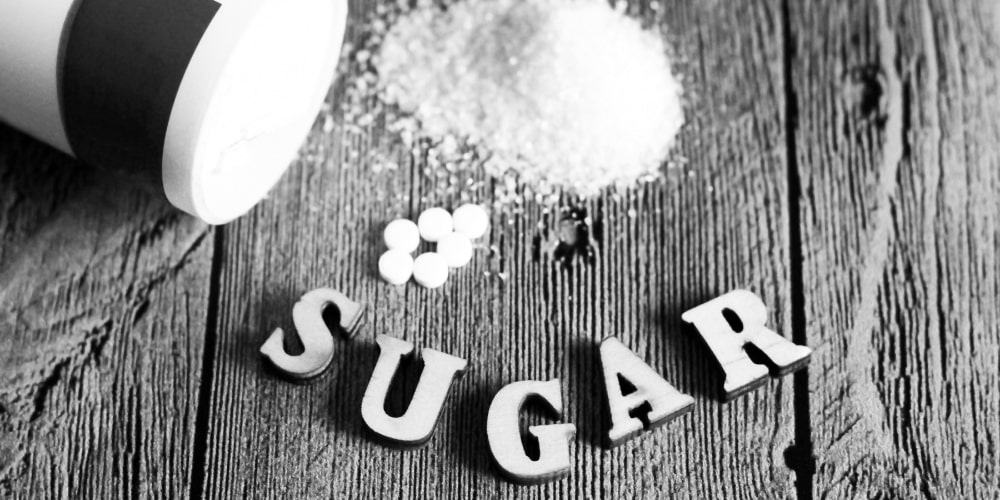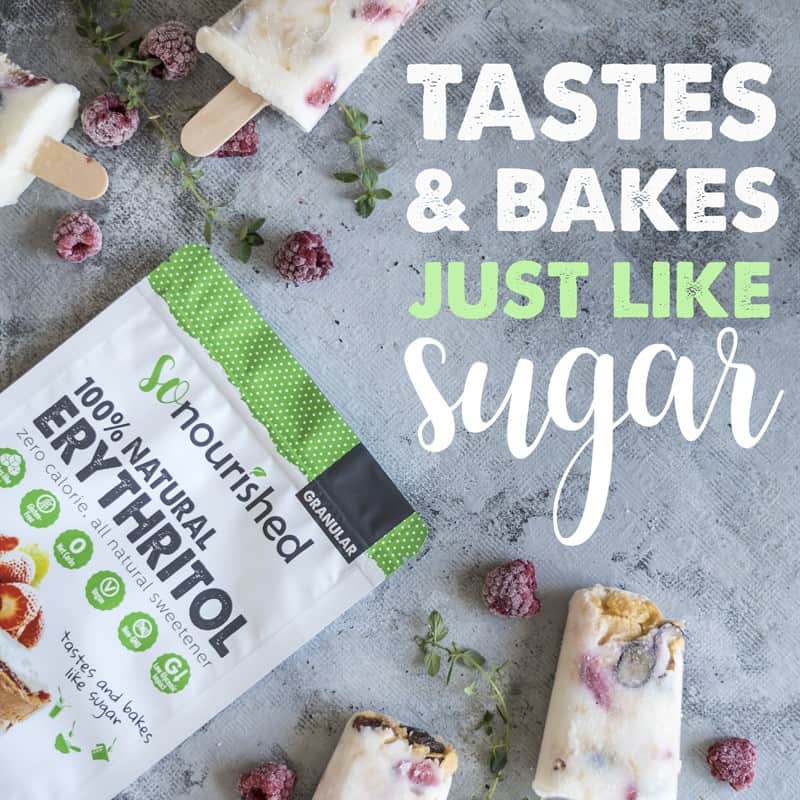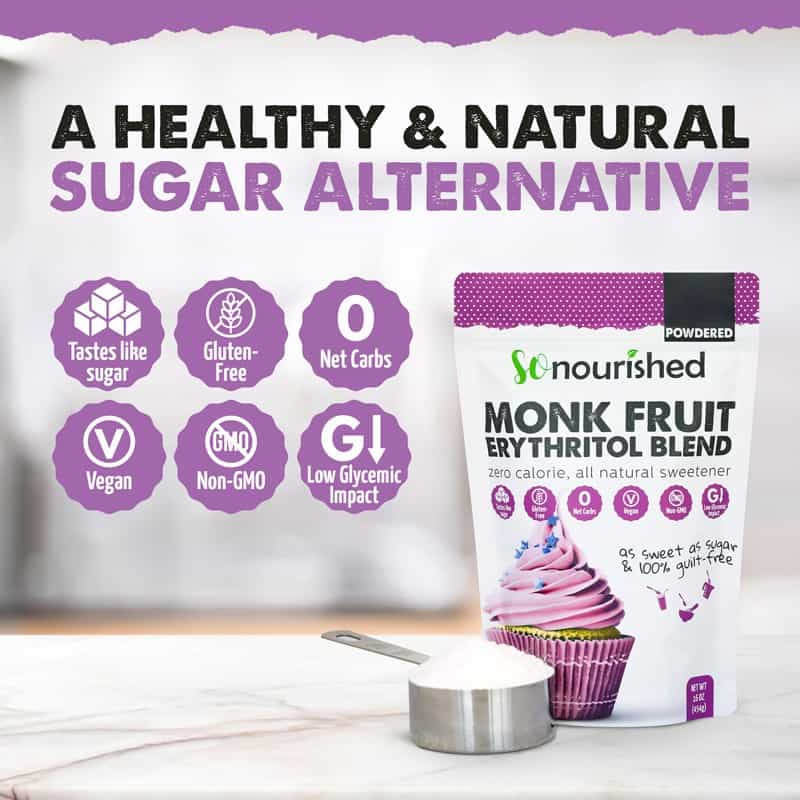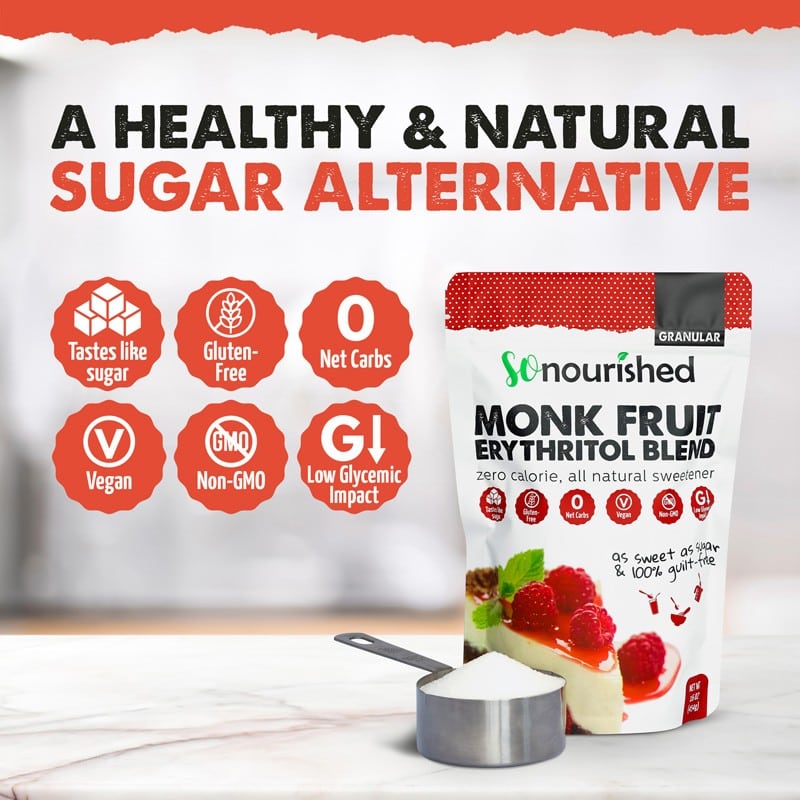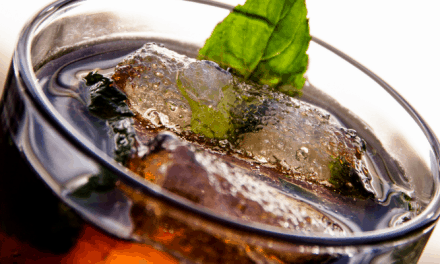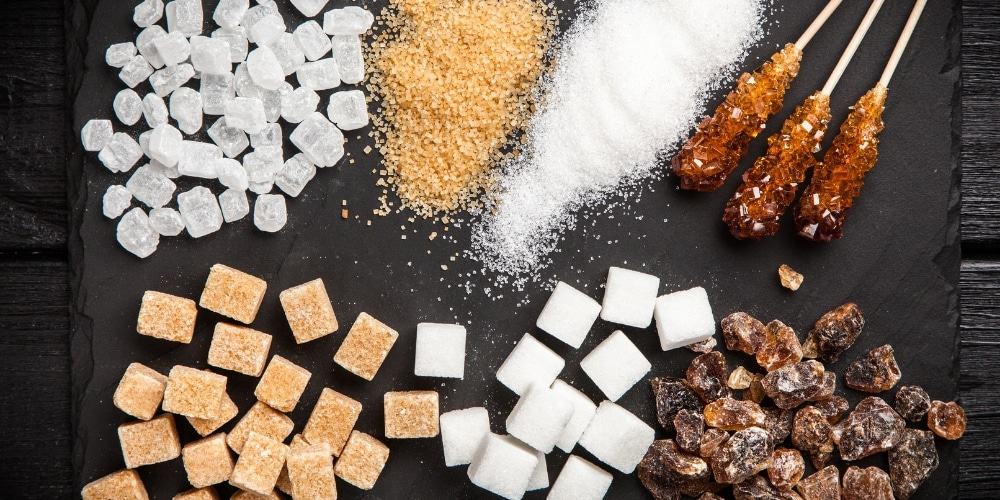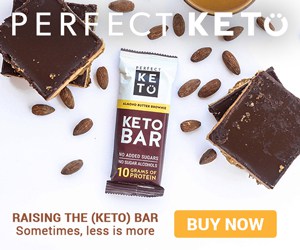One of the hardest cravings to crack when transitioning to the keto diet is sugar. We often turn to many of the pre-packaged foods, conveniently labelled ‘sugar free’ when we need a sweet treat.
But when you look closely, sugar free foods such as chewing gum, sugar free candies and chocolate, sugar free ice cream and more are often sweetened with maltitol. This leads us to question, is maltitol keto friendly?
What is Maltitol?

There are three types of sugar replacements – natural sweeteners, sugar alcohols and artificial sweeteners.
Maltitol is an artificially manufactured sugar alcohol derived from maltose, a byproduct of corn syrup.
Maltitol is almost as sweet as white sugar, sitting at around 90% of the sweetness.
Maltitol is considered a carbohydrate, but it is not something that the human body can absorb. Whilst this is a benefit, maltitol also has its downsides. Like a glycaemic index of 36, which in turn, will cause your blood sugar to spike.
Maltitol has also been associated with gastrointestinal upset. Some people may experience bloating, cramping, nausea and diarrhea when consuming even small amounts of Maltitol.
Maltitol contains no fiber and no vitamins or minerals beneficial for the body.
Is Maltitol Keto Friendly?
Before deciding if maltitol is keto friendly, it is important to look at whether it is being consumed in a syrup or powder form.
Maltitol syrup has a glycaemic index (GI) score of 52, where maltitol powder has a glycaemic index score of 36.
These scores are less than standard table sugar, which has a GI of 65. If you had a choice between table sugar and maltitol, the latter would have less of an impact on your blood glucose levels.
Having said that, if you are eating something with maltitol syrup in it, this is almost as bad for keto as sugar. If possible, avoid foods containing maltitol when following the ketogenic diet and choose other sugar substitutes.
Why is Maltitol Bad for Keto?
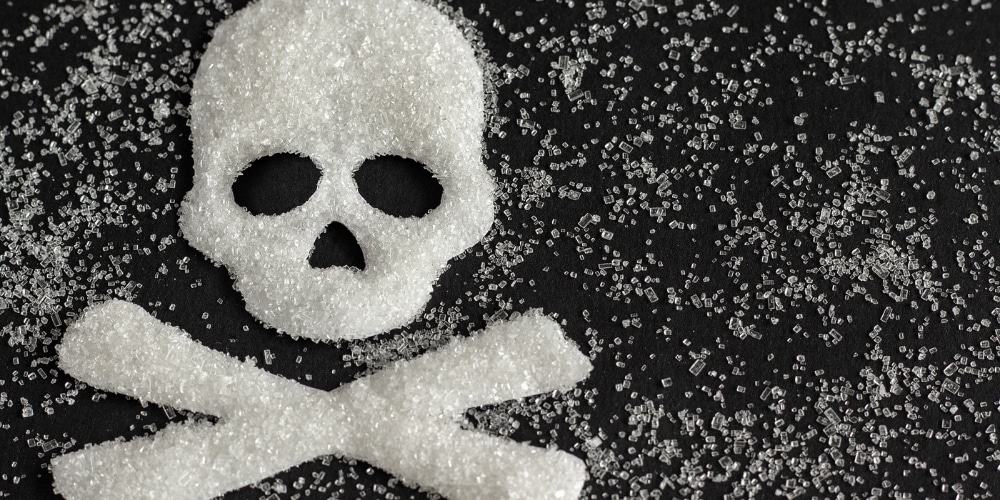
If you consume foods with maltitol in them, you need to be aware that your body will have an insulin response.
The glycaemic index of maltitol is much higher than other sweeteners and you will need to include the carbohydrates in your total carb count for the day.
This is particularly important if you are diabetic or pre-diabetic and following the ketogenic diet.
Will Maltitol Stop Ketosis?
There is no hard and fast rule when it comes to consuming maltitol on the keto diet, as you need to consider the carb count of everything you eat.
Consuming maltitol in moderation is ok for keto. If you had the choice between chewing gum or eating breath mints containing maltitol, or sweetened with sugar for instance, maltitol would be the better choice.
Just make sure that you include the net carbs of everything in your carb count. Don’t be tempted to eat something just because it is labelled sugar free.

If you find that you have hit a weight loss plateau on keto, take a look at what you’re eating. If your diet contains pre-packaged foods with maltitol, this could be hidden carbs that you weren’t aware of.
Eating too much maltitol will stop ketosis. There are also other not so fun side effects of overconsumption of maltitol on keto including abdominal cramping and diarrhea.
Are Sugar Alcohols Keto?
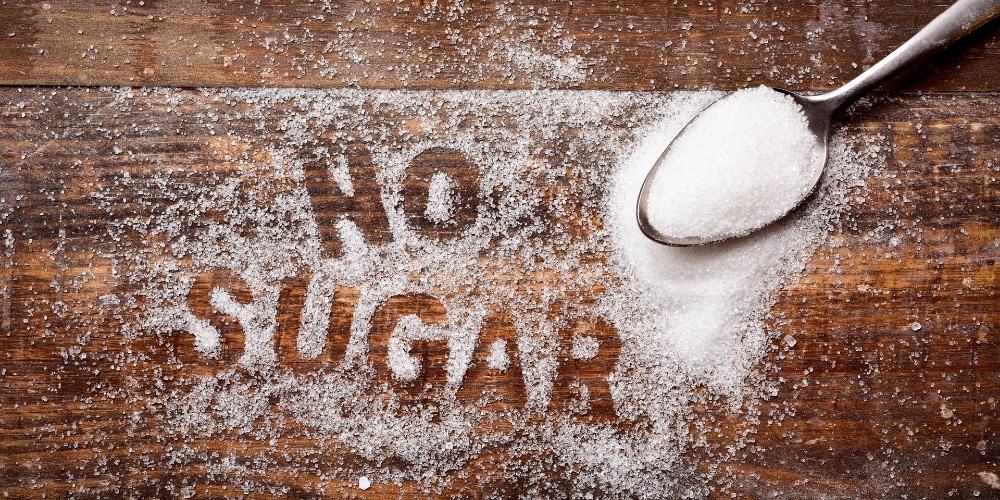
There are quite a few other sugar alcohols aside from maltitol. These include sorbitol, glycerol, isomalt, lactitol, xylitol and erythritol.
You should avoid these sugar alcohols when on the keto diet: sorbitol, maltitol, isomalt, glycerol and lactitol. All of these sugar alcohols have a negative effect on your blood glucose and insulin response.
In short, they raise your blood sugar levels, may kick you out of ketosis and affect your ability to continue burning fat.
Maltitol vs Xylitol
Xylitol should be used sparingly on the keto diet. It is a better choice than maltitol, as it has less of an impact on your blood sugar levels than the other sugar alcohols listed above (excluding erythritol).
Xylitol has also been known to help maintain oral health and collagen production by the body.
Xylitol has also been associated with gastric upset. It is also very toxic to dogs, so if you do use xylitol, please don’t share any food cooked with xylitol with your four legged friend.
Maltitol vs Stevia

Stevia is a better choice than maltitol for the keto diet. Stevia does not raise blood sugar levels, has zero carbs and zero calories. It is also a naturally derived sweetener from the stevia plant leaf.
Stevia doesn’t taste like sugar however, and the aftertaste is often the biggest letdown of products sweetened with stevia.
If you haven’t tried stevia before, use sparingly and start by blending it with erythritol. You can also buy stevia blends, which are usually blends of stevia and erythritol together.
The erythritol seems to balance out the aftertaste of stevia.
Be sure to check the ingredients label and make sure there are no added nasties to blends such as dextrose, polydextrose or maltodextrin. These are filler products that will raise your blood sugar levels.
Erythritol vs Maltitol
Erythritol is the sugar alcohol recommended for the keto diet. Erythritol is found naturally in some fruits, and has a glycaemic index of 1. Yes, one.
Erythritol causes less gastric upset, has less calories than sugar, has less of an impact on your blood sugar than the other sugar alcohols and is completely removed from the body during urination.
Maltitol and Sucralose
Sucralose is an artificial sweetener, not a sugar alcohol. Sucralose is more commonly known by its packet name ‘Splenda’.
It is a modified molecule of sugar, with the carbohydrates and calories removed.
This makes it ideal for keto right? Wrong.
The FDA allow products with less than 4 calories and 1 gram of carbohydrates per serve to be labeled as 0 calories.
Because sucralose is much sweeter than sugar, manufacturers package up to 0.9 grams of carbohydrates in the form of glucose, dextrose or maltodextrin, with a tiny amount of sucralose.
This makes for a product they can market as zero calorie, but is in fact almost 1 gram of pure carbohydrates.
Stay away from artificial sweeteners when you are following the keto diet. These include products marketed as Equal, Stevia in the Raw, Sweet’n Low and of course, Splenda.
What is the Best Sugar Substitute for Keto?
Monk Fruit. Monk fruit extract is the best sugar replacement for the keto diet. It contains no carbs, no calories, has virtually no aftertaste and is 250 times sweeter than sugar, so a little goes a very long way.
Originating in Southeast Asia, Monk Fruit also has antioxidant and anti inflammatory properties. It is also suitable to use in keto baking as it remains stable with heat.
One of the biggest benefits with using Monk Fruit is it doesn’t raise your blood sugar levels. You may often find Monk Fruit blended with Erythritol for use in baking, or general use.
The Erythritol also helps to balance out the ever so slight taste of Monk Fruit.
So Nourished is one of our favorite brands for quality keto friendly sugar replacements. Click here to shop their entire range of granular, powdered or brown sugar replacements.

